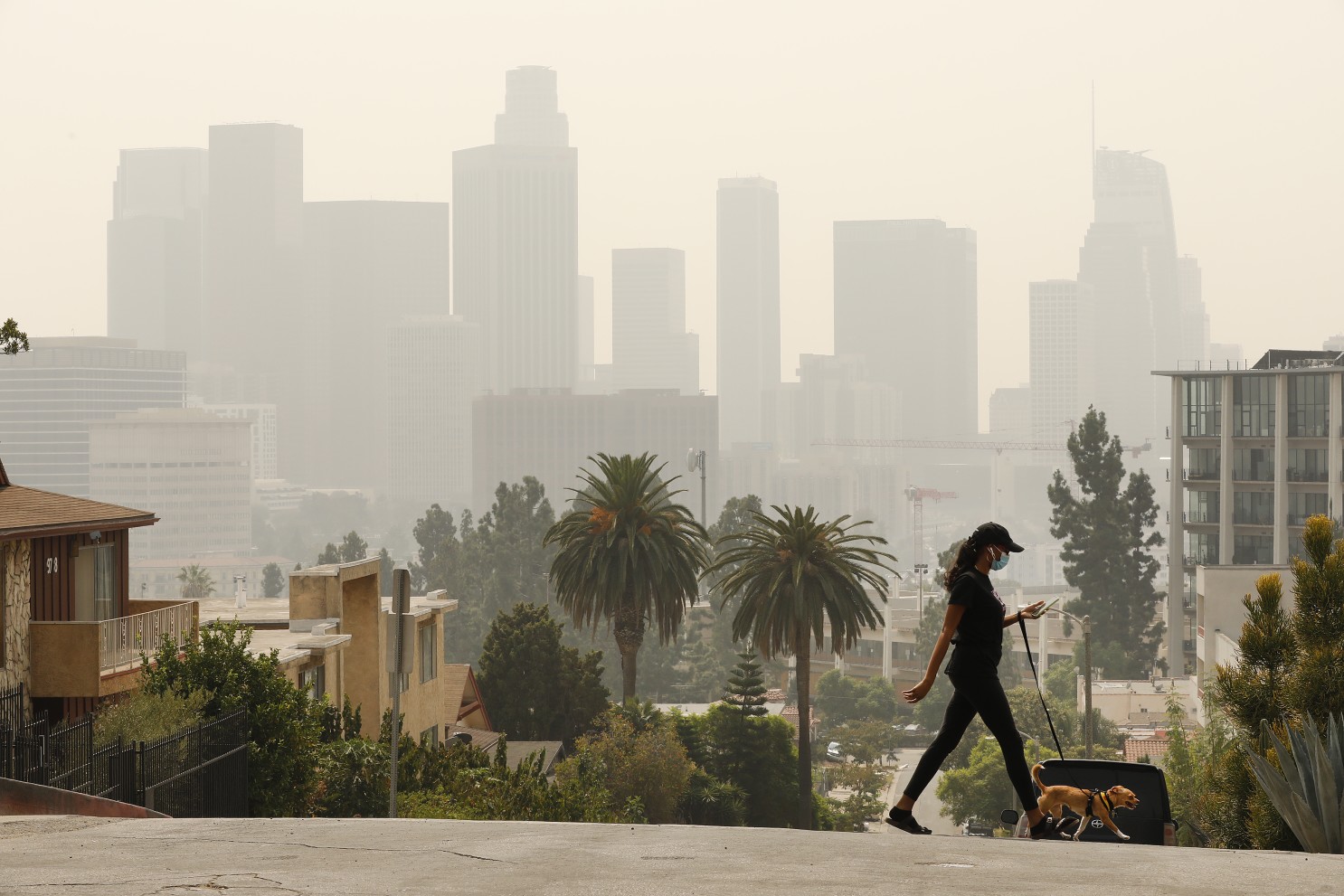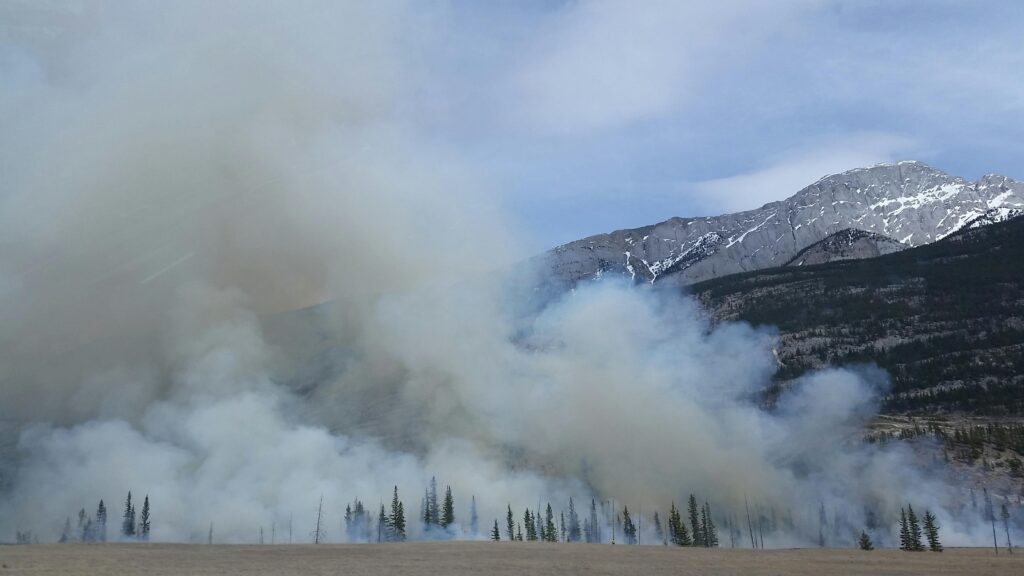As if 2020 hasn’t been difficult enough, much of the west coast has been engulfed in flames for the past several weeks, due to ongoing wildfires in California, Oregon, Washington and parts of Western Canada. They are so severe, that they have produced the first ‘gigafire’ – a wildfire spanning 1 million acres or more – in modern history.
Aside from the obvious environmental devastation, wildfires also present a number of health and safety concerns. Happening at the same time as a global respiratory pandemic, there could be some treacherous months ahead if precautions are not taken now to ensure lung health. Ingestion of wildfire smoke can not only be uncomfortable, but it can lead to all sorts of problems, such as aggravating heart and lung disease.
Whether or not you live on the west coast, being aware of the dangers of wildfires is useful information and can potentially save a life.
How Wildfire Smoke Affects the Body
In a similar way that smoking tobacco is harmful to the body, wildfire smoke contains a number of pollutants that can be hazardous when ingested, including cancer-causing substances. Particulate matter is described as a combination of several different chemical solids and aerosols that can form through combustions (such as fire) and can cause adverse health effects when inhaled.
The most common afflictions from inhaling particulate matter from wildfire smoke is respiratory issues and lung infections, which is cause for concern in conjunction with COVID-19. Some other common health impacts include acute bronchitis, asthma attacks, and premature mortality. Individuals who already have heart or lung problems are much more susceptible to the harmful effects of inhaling particulate matter and need to be more cautious.
Long-term effects of exposure to wildfire smoke are harder to quantify, and some people may only experience short-term effects. However, long-term effects can include exasperated cardiovascular disease and lung cancer, so it is in everyone’s best interest to avoid potential exposure as much as possible.

Wildfire Smoke & COVID-19
Managing wildfire smoke and a respiratory pandemic can be a nightmare, especially for those who already have breathing issues or have been exposed to COVID-19. People who have already had the virus may have weakened immune systems or compromised lung function, making inhalation of particulate matter even more dangerous. The opposite is also true: complications from wildfire smoke exposure, such as asthma or lung infections, can make the effects of COVID-19 much more severe.
Symptoms of wildfire smoke exposure and COVID-19 may overlap, such as dry cough, sore throat and difficulty breathing. Depending on where you live, healthcare facilities may be overrun with admittances of both afflictions, so it is important to try and distinguish between the two as much as possible to avoid unnecessary exposure to COVID-19.
Precautions to Take & What to Do if Exposed
When you are in the vicinity of a wildfire, the most cautious action you can take is stay indoors and ensure that the quality of the air indoors is high. Make sure you have plenty of supplies, food and water available in the event that staying at home is the safest option. However, staying inside for long periods of time isn’t always possible, and you may also need to evacuate at a moment’s notice.
Even minute exposure to wildfire smoke can take a toll on your body. Depending on the severity of the smoke or your proximity to it, you can be affected without even realizing. If you do need to go outside, check the current air quality levels if available, and always wear a mask or face covering. Wearing masks is already commonplace due to COVID-19, but wearing a more ‘heavy-duty’ mask such as N95 or P100 is much more effective. If you have any health problems that might make exposure to wildfire smoke more dangerous, consult a healthcare professional for specific instructions.
Radius Staffing Solutions is always eager to contribute to the discourse surrounding public health topics. We are also passionate about helping healthcare professionals find exciting new positions at unique facilities all across the country. If you are on the hunt for a new position, visit our job board for regularly updated opportunities or email us directly at inquiries@radiusstaffingsolutions.com.











